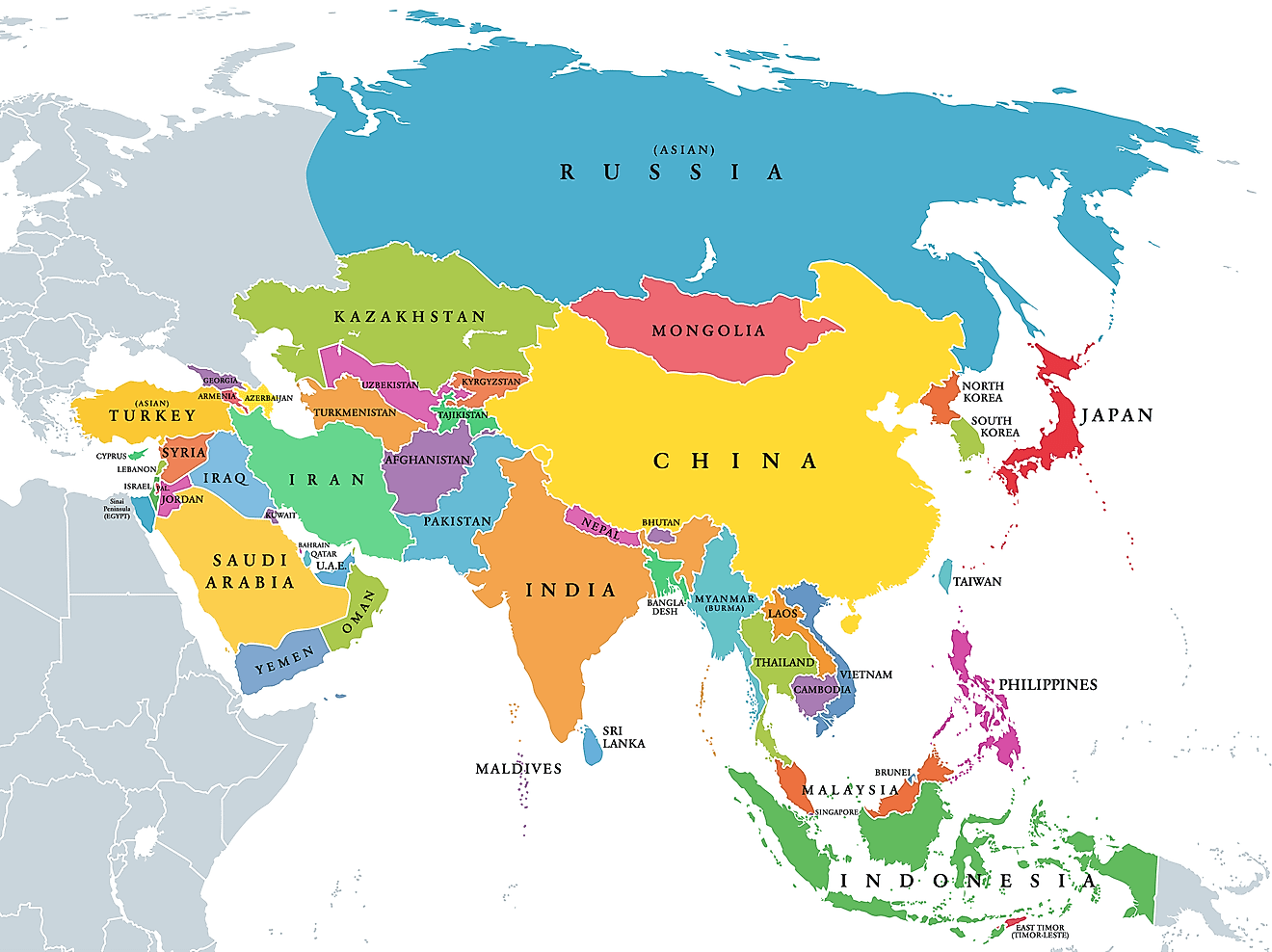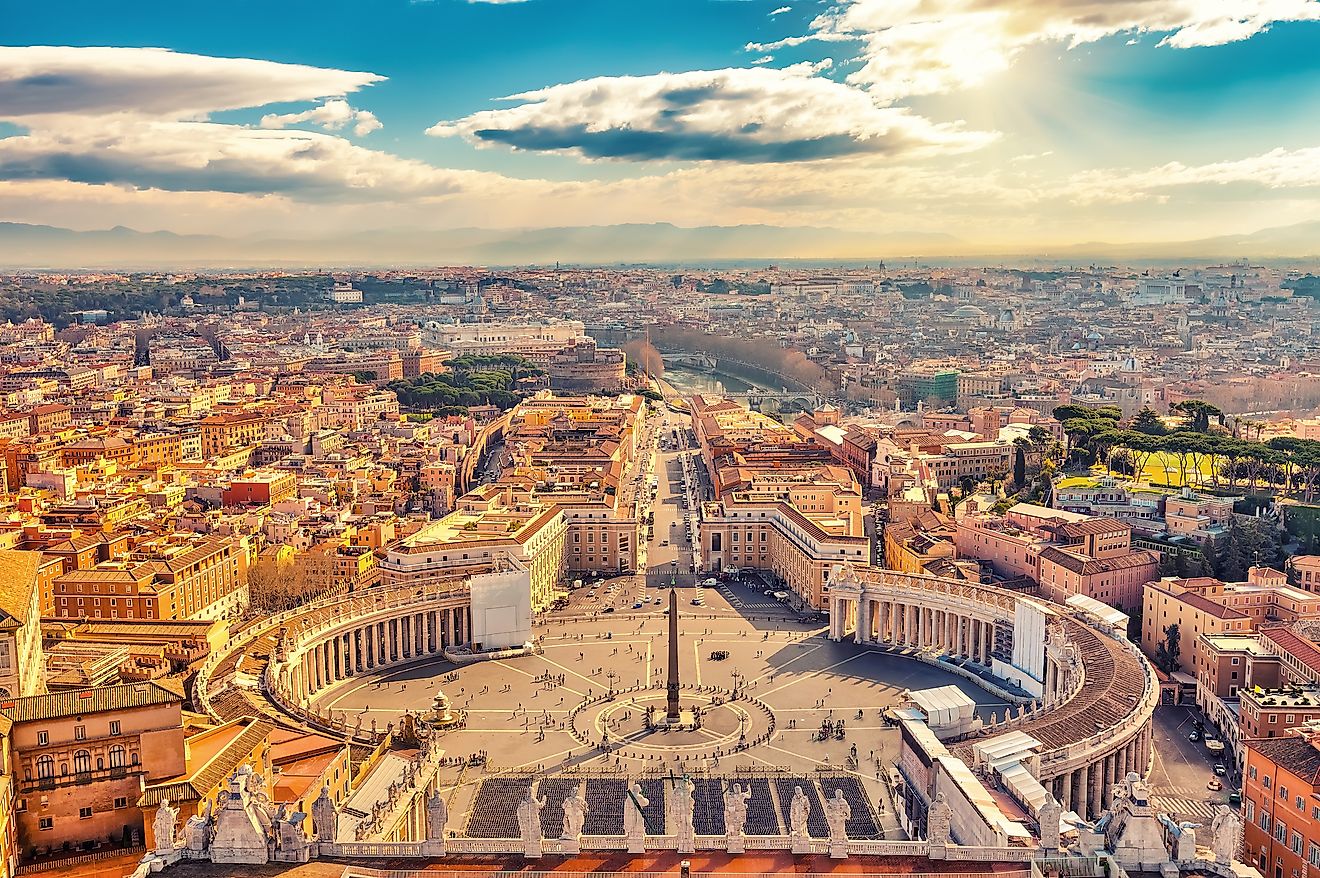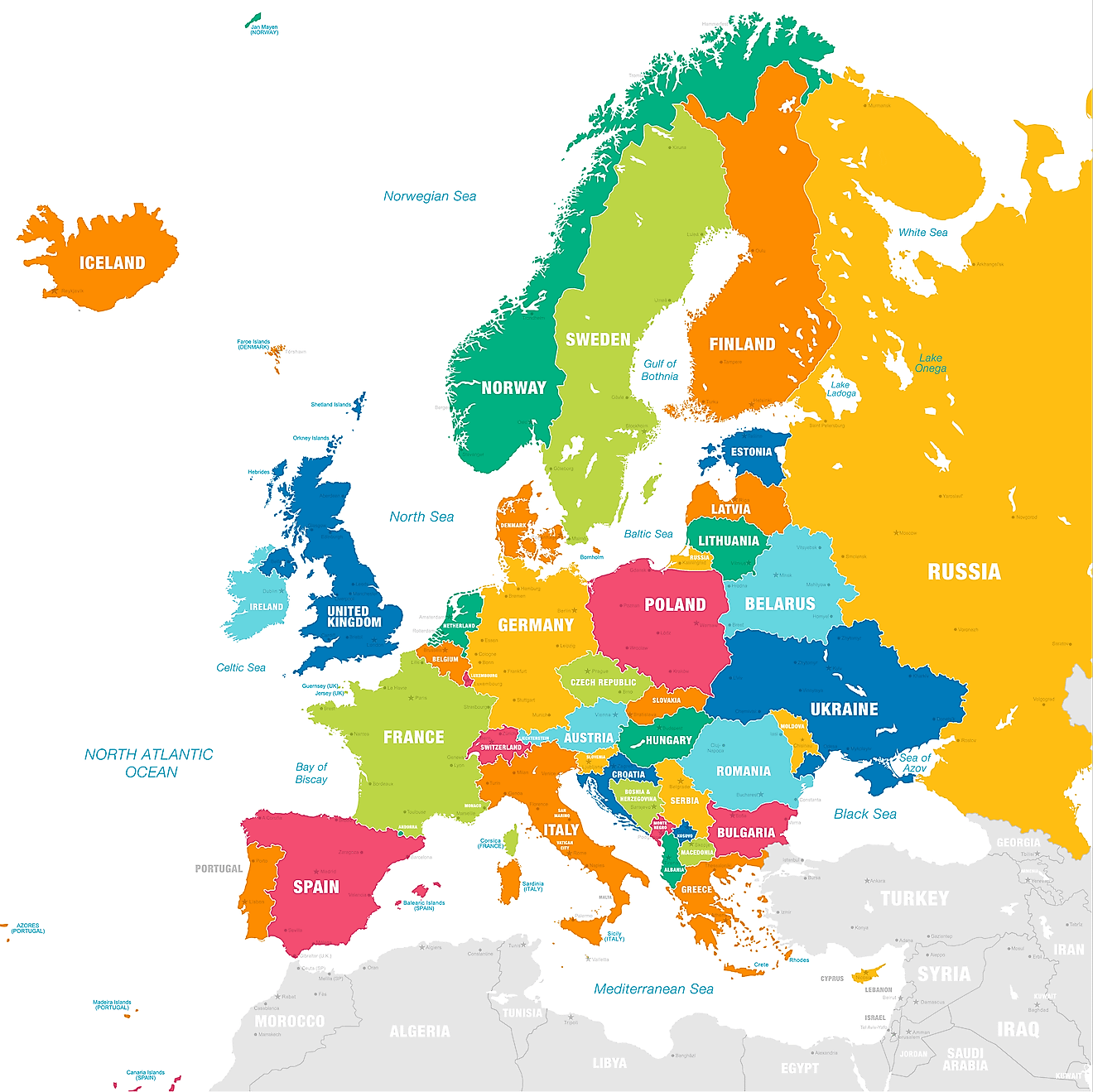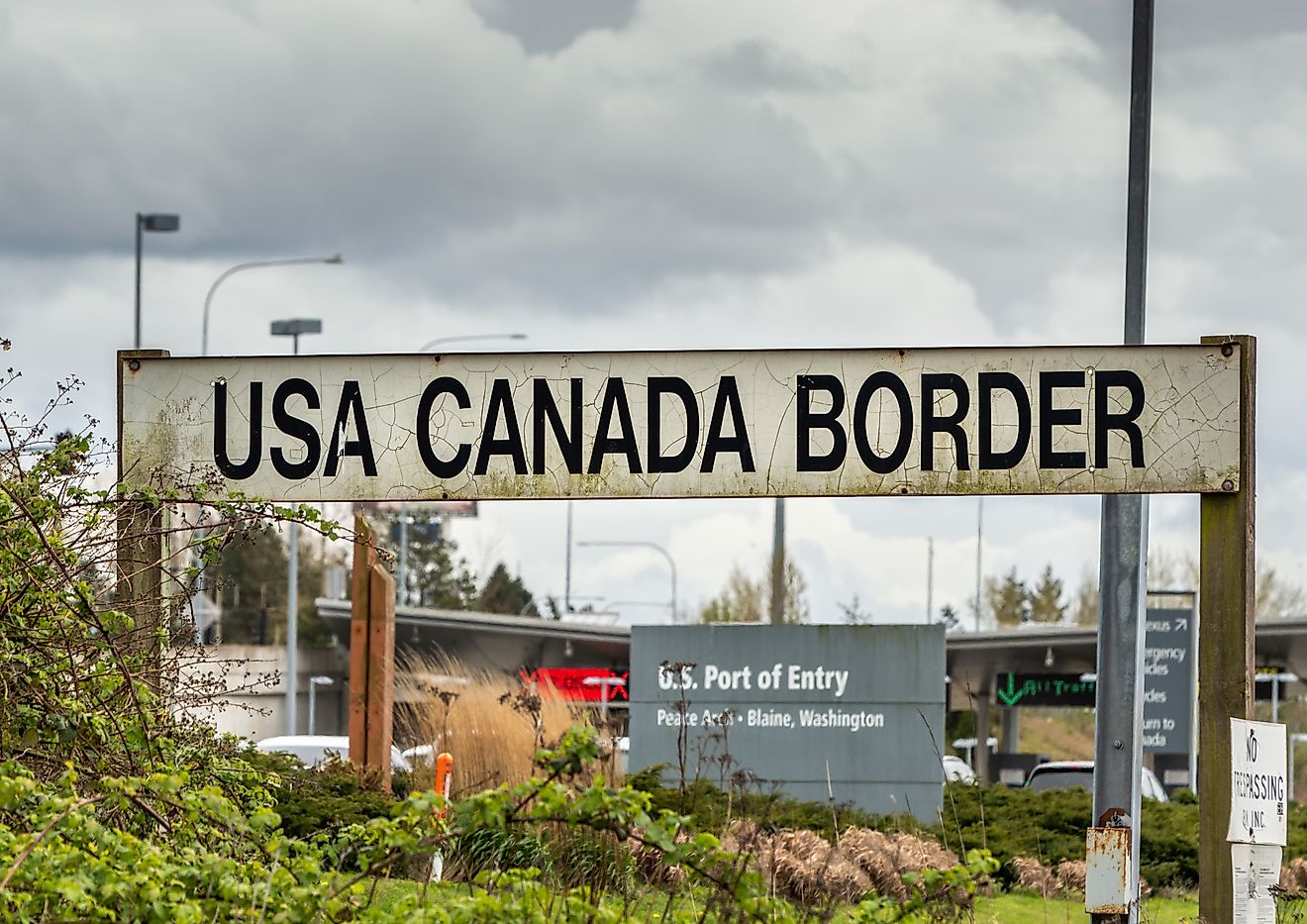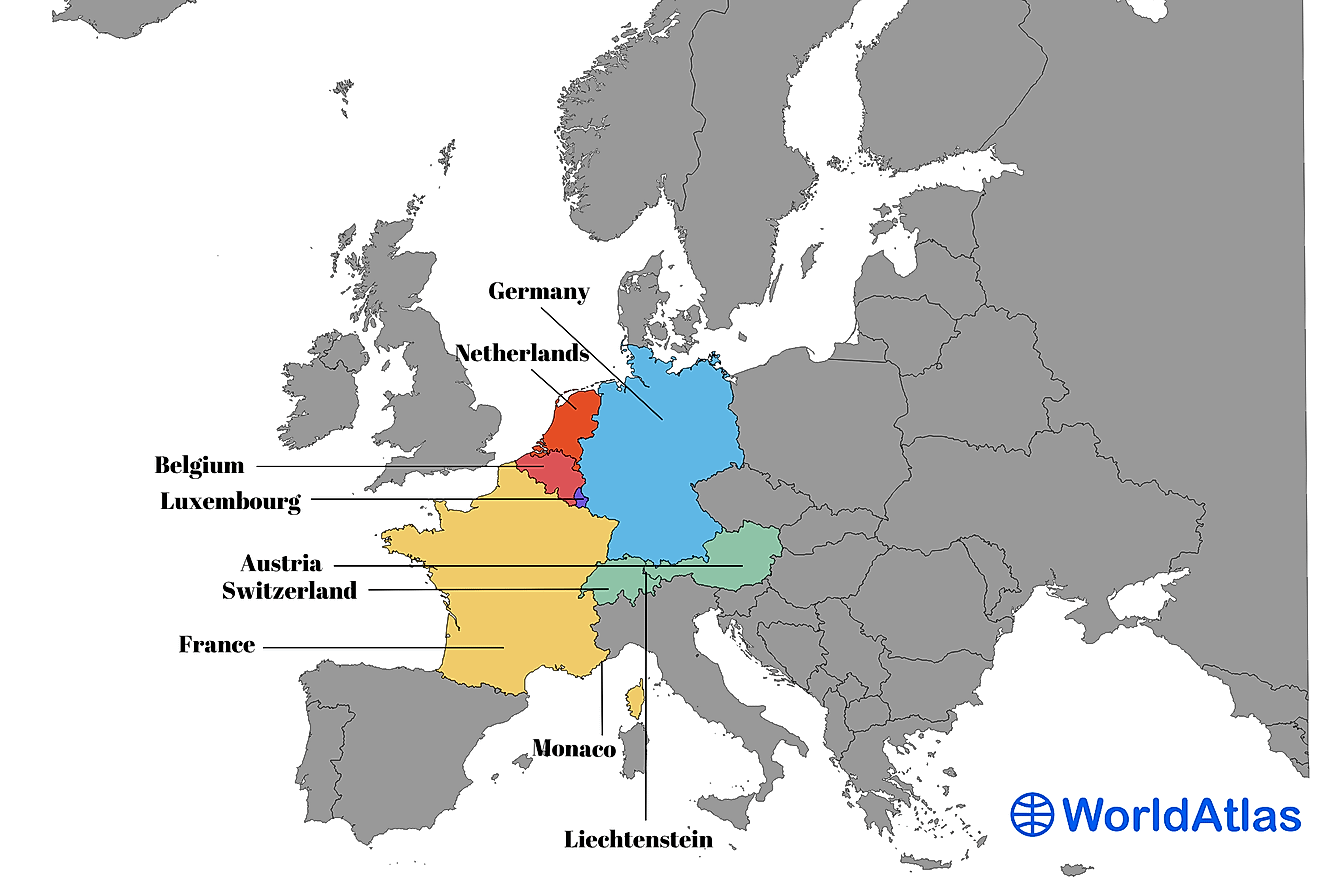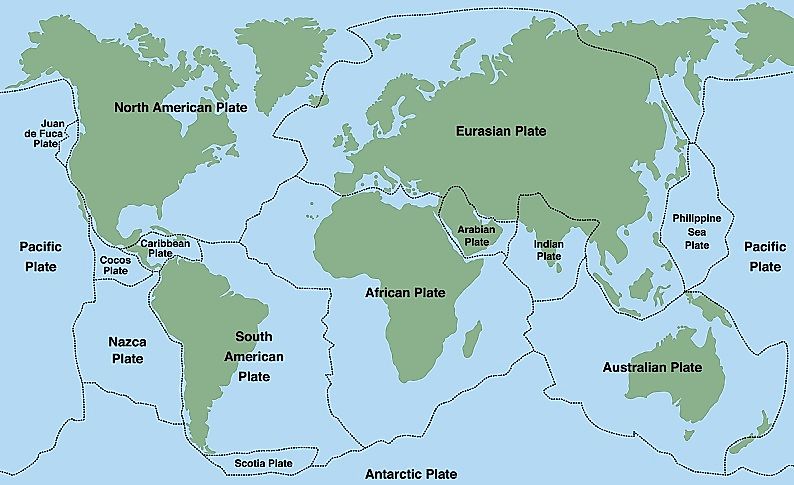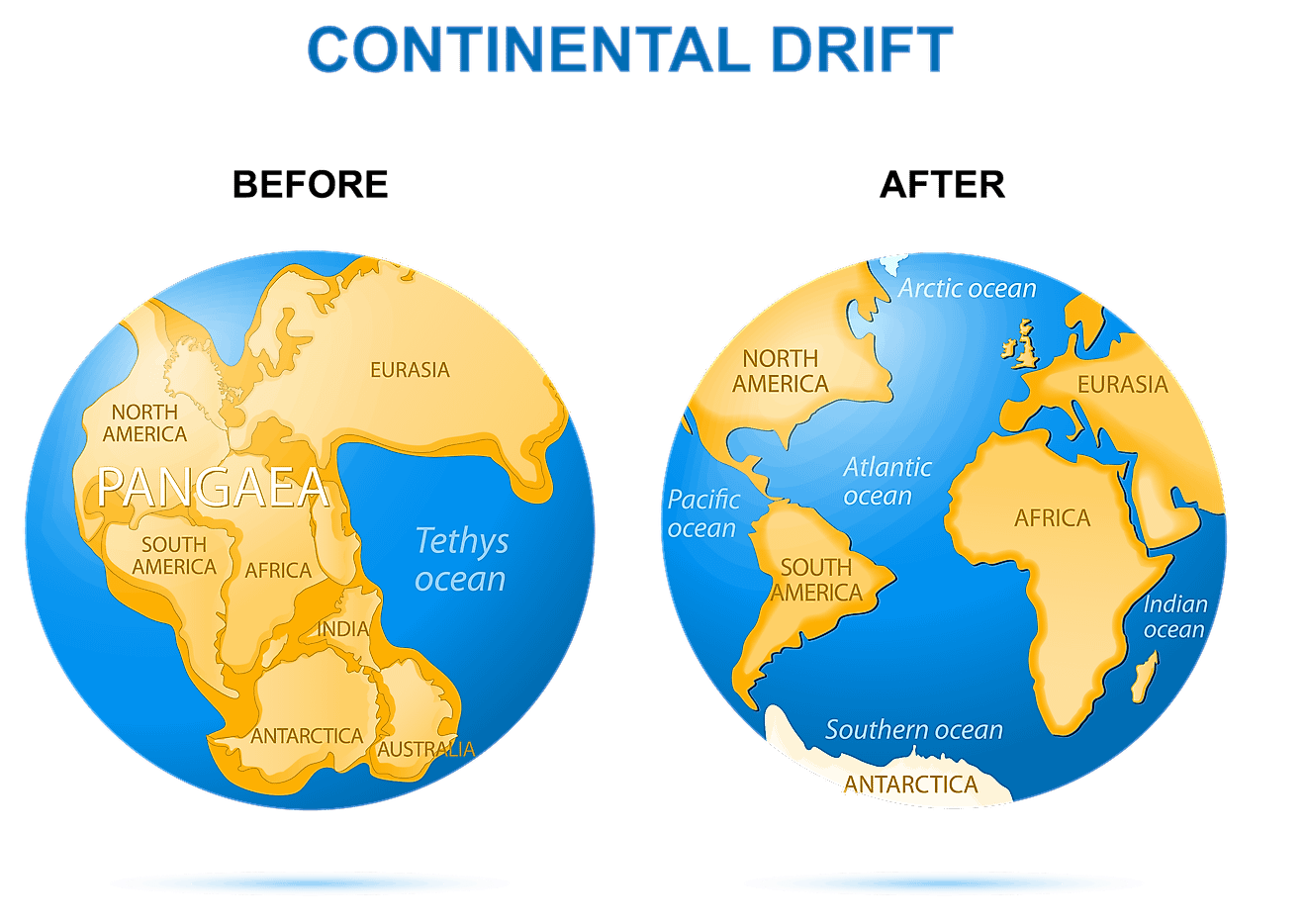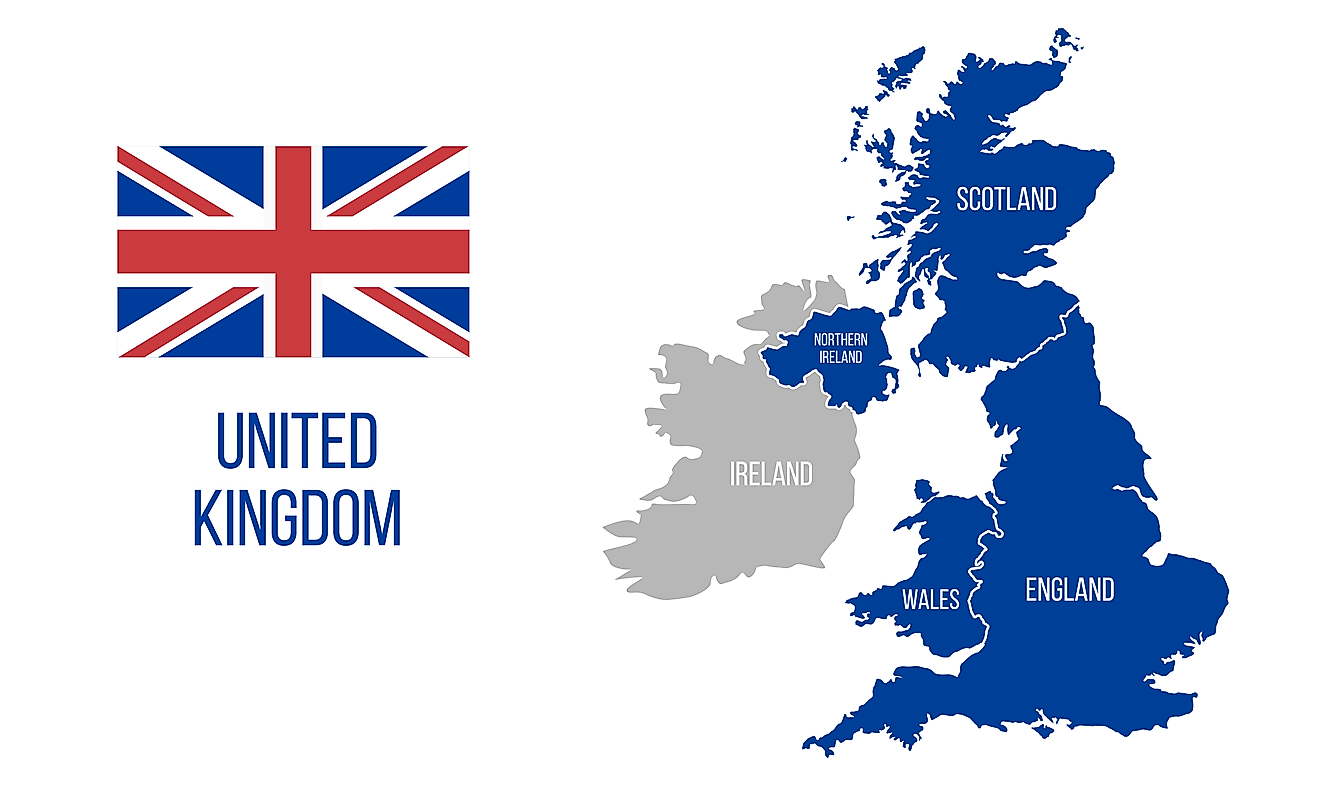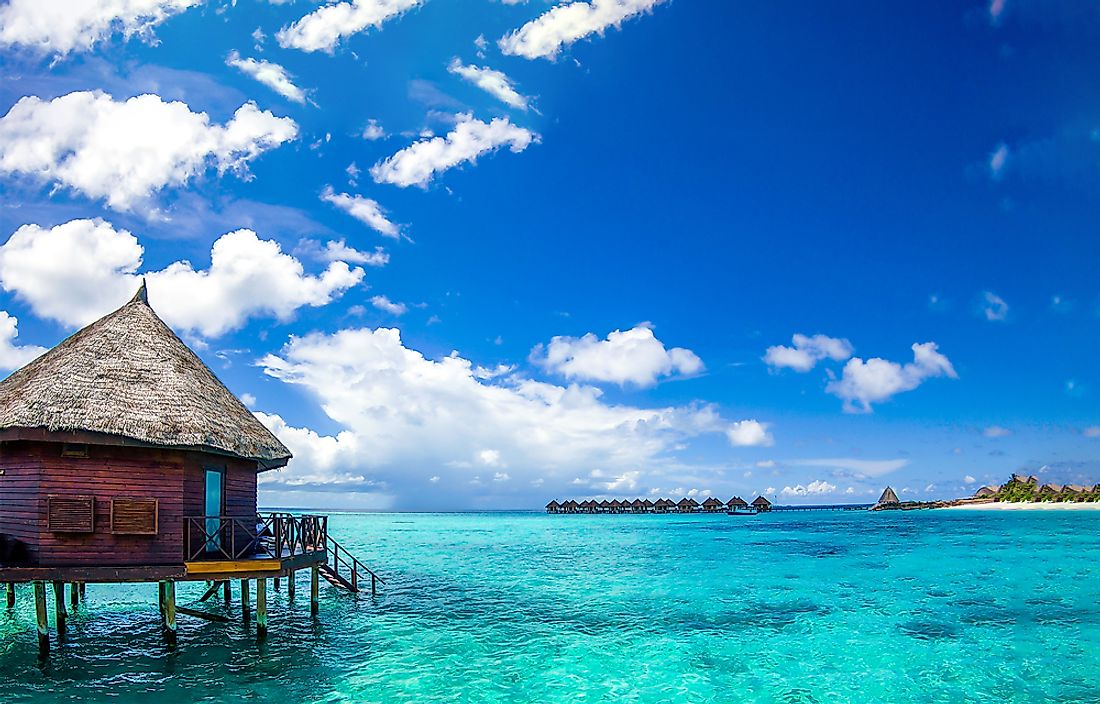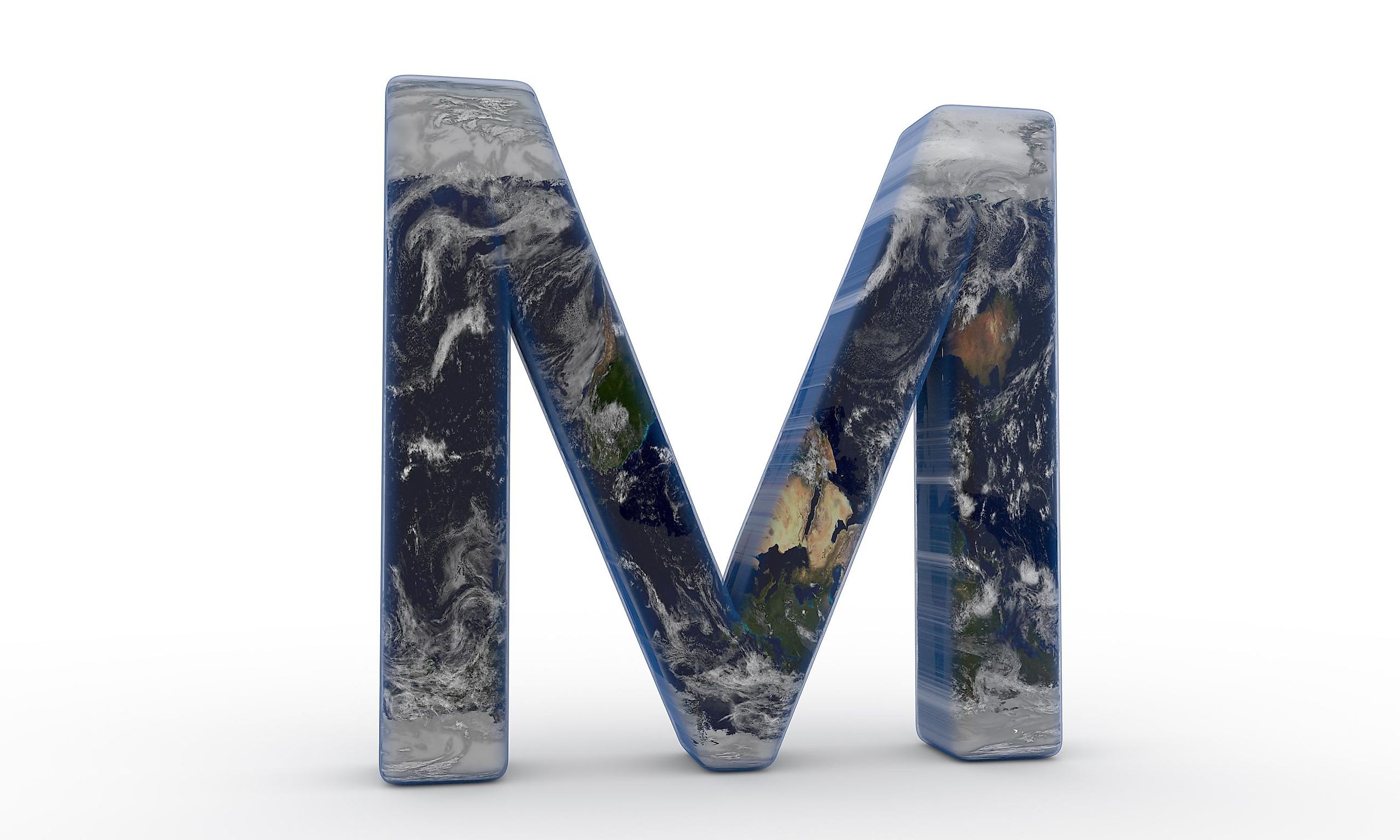
Countries That Start With The Letter M
Eighteen countries in the world have names that begin with the letter "M." Relative to the other 25 letters in the English alphabet, eighteen is fairly high; one could argue it is representative of the fact that the "m" sound is possibly the most common consonant sound in the world! Roughly 96% of all the world's 3,000 languages and dialects utilize it, according to linguists at Phoible.org. Additionally, in English, the "M" sound appears in about 2.61% of all words. Yet, how these 18 countries got their names that start with "M" is a fascinating story, so keep reading to learn more.
These Are The 18 Countries That Begin With The Letter "M"
| Country | Population | Total Area |
|---|---|---|
| Madagascar | 30,325,732 | 226,657 m2 |
| Malawi | 20,931,751 | 45,746 m2 |
| Malaysia | 34,308,525 | 127,354 m2 |
| Maldives | 521,021 | 115 m2 |
| Mali | 23,293,698 | 478,840 m2 |
| Malta | 535,064 | 122 m2 |
| Marshall Islands | 41,996 | 69 m2 |
| Mauritania | 4,862,989 | 397,955 m2 |
| Mauritius | 1,300,557 | 787 m2 |
| Mexico | 128,455,567 | 758,449 m2 |
| Micronesia | 115,224 | 271 m2 |
| Moldova | 3,435,931 | 13,069 m2 |
| Monaco | 36,297 | 0.7 m2 |
| Mongolia | 3,447,157 | 603,908 m2 |
| Montenegro | 626,485 | 5,332 m2 |
| Morocco | 37,840,044 | 276,661 m2 |
| Mozambique | 33,897,354 | 308,642 m2 |
| Myanmar | 54,045,420 | 261,228 m2 |
Madagascar
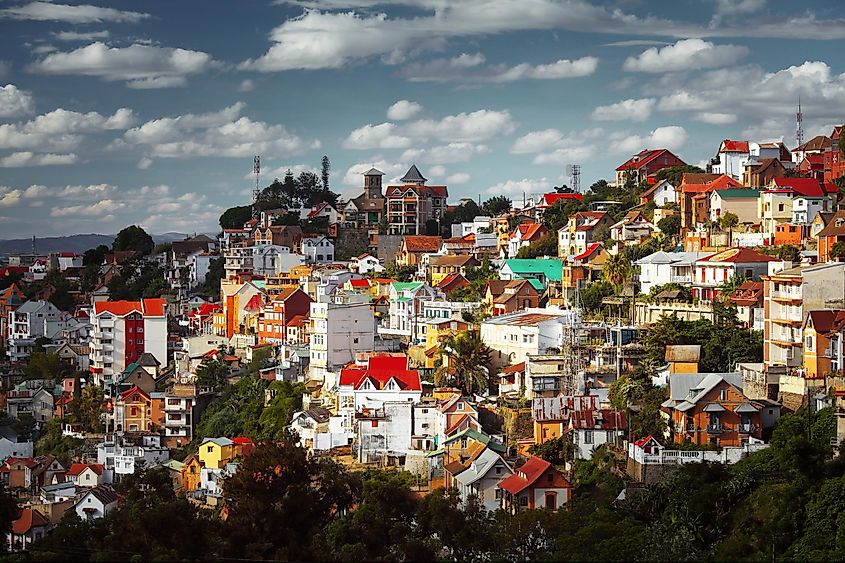
The origins of Madagascar’s name are a bit of a mystery. Some think the name comes from the 12th-century Muslim cartographer al-Idrisi. al-Idrisi drew a map of the area that included an island called Gesira al Malai. In Greek, this is Malai Gesira. Some linguists think the name morphed through history from Gésira Malai to Malaigésira, then to Madaig(é)scra, and Madégescar, and finally, Madégascar.
Located off the coast of East Africa, Madagascar is an island nation. Culturally, the island is incredibly diverse with dozens of ethnic groups calling Madagascar home. Interestingly, the majority faith is indigenous to the island. Something rather uncommon amongst African nations.
Malawi
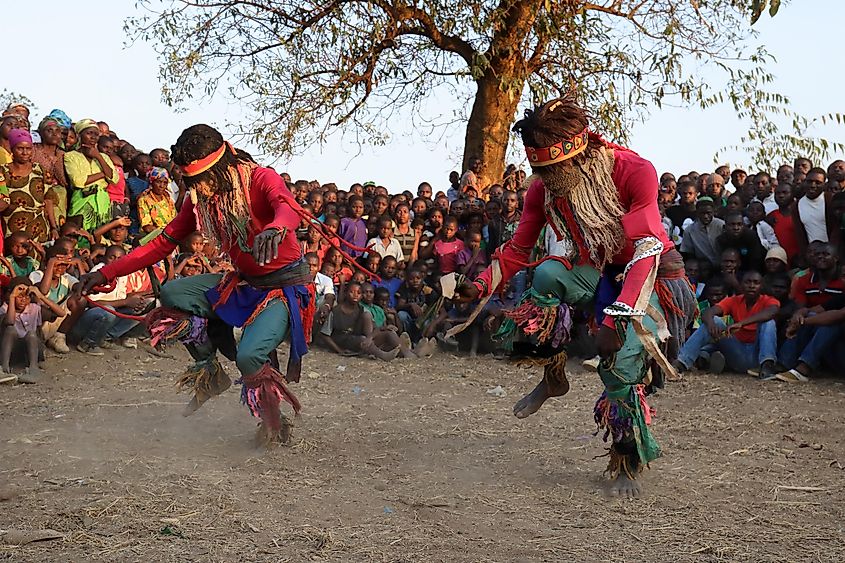
Malawi’s name is said to mean “fire flames” in reference to the sun rising over Lake Malawi, an image which can now be found on the country’s flag. The name goes back to the Kingdom of Maravi which was present in the area during the 15th century.
Malawi is located in East Africa and borders Mozambique, Tanzania, and Zambia. Malawi spent much of its modern history as a colonial possession under the British Empire. Gaining independence in 1964, Malawi underwent a turbulent traditional period but has experienced relative stability in the past decade although it has been far from perfect.
Malaysia
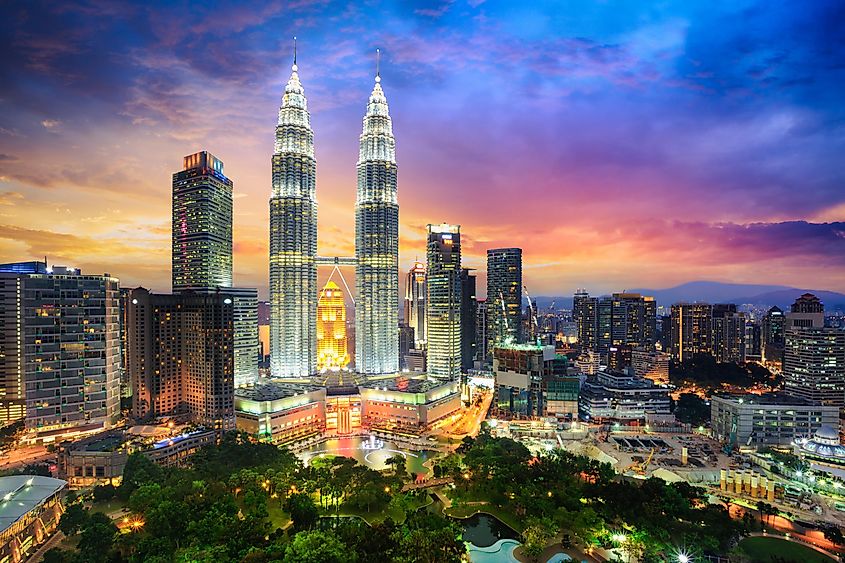
Formerly known as "Malaya," Malaysia got its name in 1963 when the Federation of Malaya gained the states of Singapore, Sabah, and Sarawak. Singapore left this federation of states only two years later. The region was previously governed by the British as of the 18th century and named Malaya by them, but it was known as Tanah Melayu, meaning "Malay Land," by locals.
Malaysia is now a federation of 13 states, located in two geographical regions separated by the South China Sea. Malaysia is a Muslim-majority country with a sizable Buddhist and Christian population as well.
Maldives
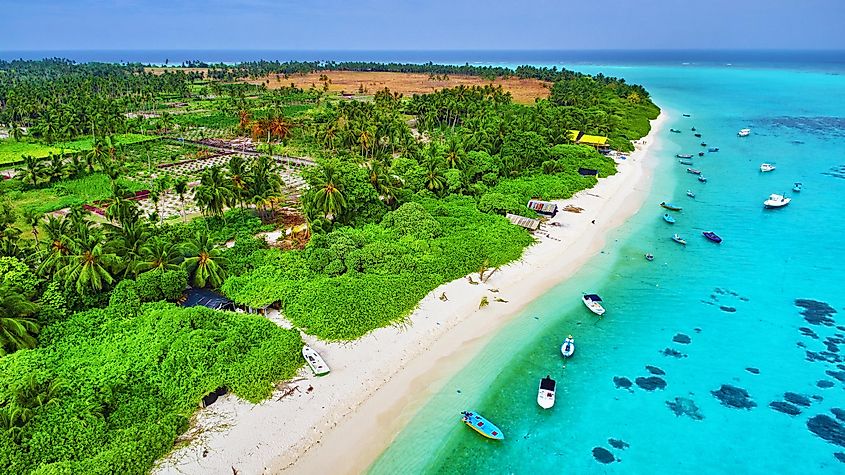
The Maldives’ name could have multiple origins. Some scholars say it comes from the Tamil language, meaning "Mountain Islands." Others say that it comes from Sanskrit and means "Garland of islands" or "Island of women." If an Arabic etymology is possible, the name could mean "palace."
An island nation in the Indian Ocean, the Maldives lies south of the Indian Subcontinent. Relatively isolated from the rest of the world, the Maldives is famous for its tranquil landscape and tropical climate.
Mali
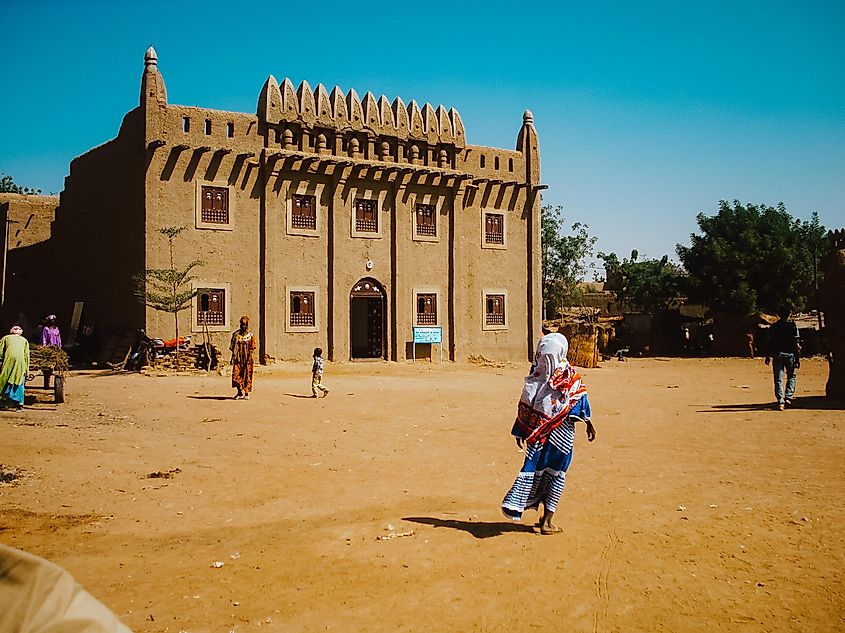
Once called French Sudan, Mali’s name comes from the Bambara word for the hippopotamus. It takes its name from the Mali Empire which thrived here from 1235 to 1670. Mali spent a considerable time as a French colony from the mid-19th century until it was granted independence in the 1950s.
Mali is a landlocked country in West Africa. Surrounded by its neighbors Algeria, Mauritania, Senegal, Guinea, Burkina Faso, Niger, and Côte d'Ivoire, it relies on its access to the Niger River to trade with the outside world.
Malta
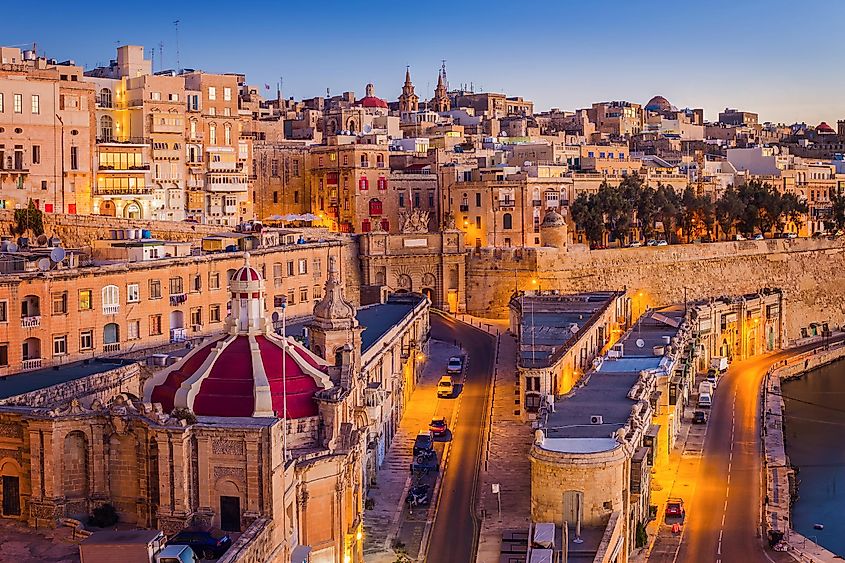
Malta’s name may be derived from the Latin word Melite or the Phoenician word Melita. These mean "place of refuge," coming from the word Malat which means ‘he escaped’. The people in Malta speak Maltese, a fascinating Semitic language that shares similarities with Arabic, Aramaic, and Hebrew.
As a small island country located in the Mediterranean Sea not far from the island of Sicily, Malta has been of strategic military importance since the time of the Roman Empire. Its most previous foreign rulers were the British before Malta was granted independence in 1964.
Marshall Islands
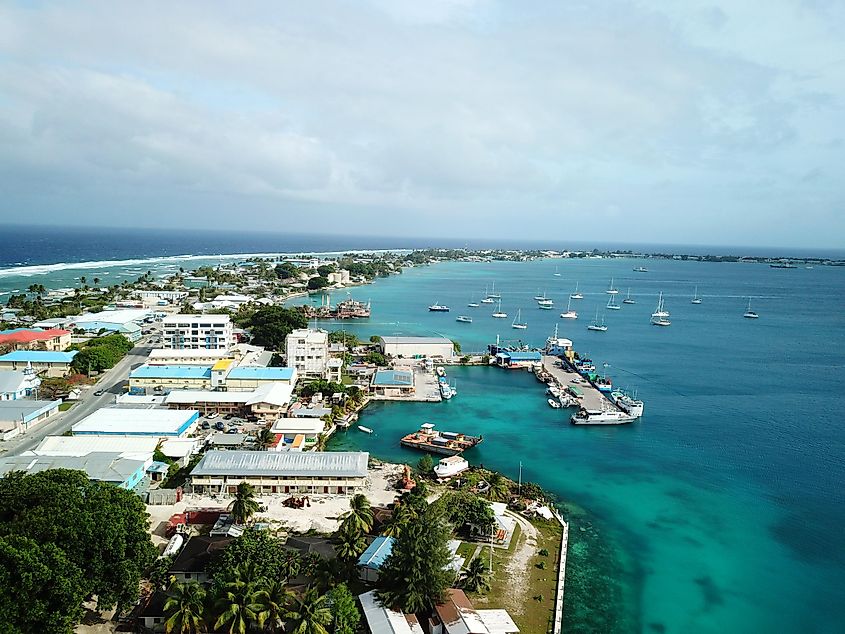
The Marshall Islands got its English from the British naval captain John William Marshall, who sailed through the area in 1788 with convicts headed to live in New South Wales. For thousands of years before this, the indigenous peoples named the country Aelon Kein Ad, which means "our islands."
Previously under the control of the United States, the country consists of a chain of volcanic islands along with coral atolls located in the Pacific Ocean. The Marshall Islands' biggest challenge at present is rising sea levels, which threaten to submerge the entire country if trends do not reverse.
Mauritania
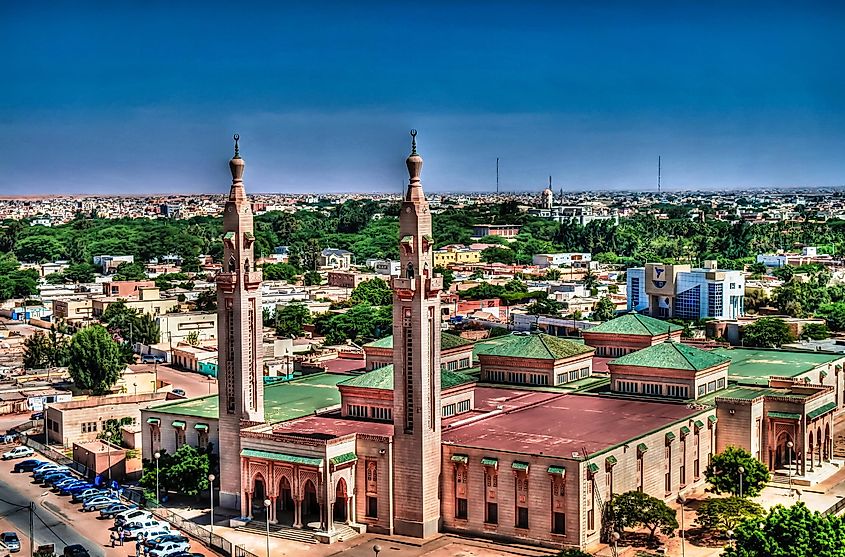
Mauritania is named after the foregone Berber kingdom of Mauretania, which traces its origin to the times of the Roman Empire. This nation plays an important role as both a geographic and cultural connection between North Africa Maghrib region and western Sub-Saharan Africa.
Located in West Africa, Mauritania is bordered by Senegal, Western Sahara (which sits underneath Morocco), Algeria, and Mali. Mauritania, like much of West Africa, was previously under French colonial rule until reached independence in 1960.
Mauritius
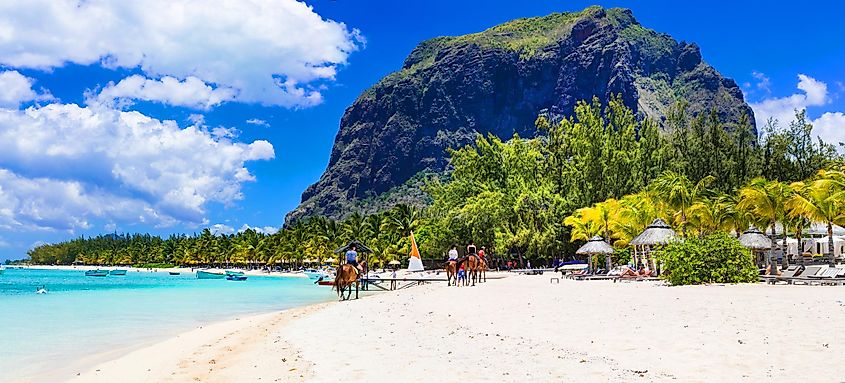
Mauritius got its name in the late 1500s when the Dutch took possession of it and named it after then-governor Maurice of Nassau. It was difficult for the Dutch to settle the island, however, and they left it to be run by pirates in 1710.
Mauritius is an island country that is located to the east of Madagascar. Unlike most countries, Mauritius was largely uninhabited for much of human history. Its inhabitants are largely of mixed, European, African, and Indian origin.
Mexico
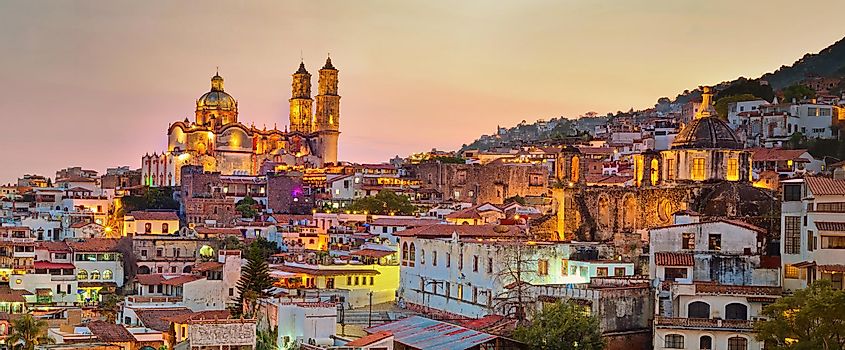
The word Mexico is then thought to have come from the name Mexica, which is the name of one Aztecs who are native to the region. The area this group settled in was called Anahuac, meaning “land surrounded by water.”
Mexico is located in the south of North America and borders the United States, Guatemala, and Belize. Mexico's contact with Europe began with the Spanish conquest of the area in the early 1500s. Spanish cultural traditions still remain strong in Mexico with Spanish being the most widely spoken language and most of its citizens adhere to the Catholic faith.
Micronesia
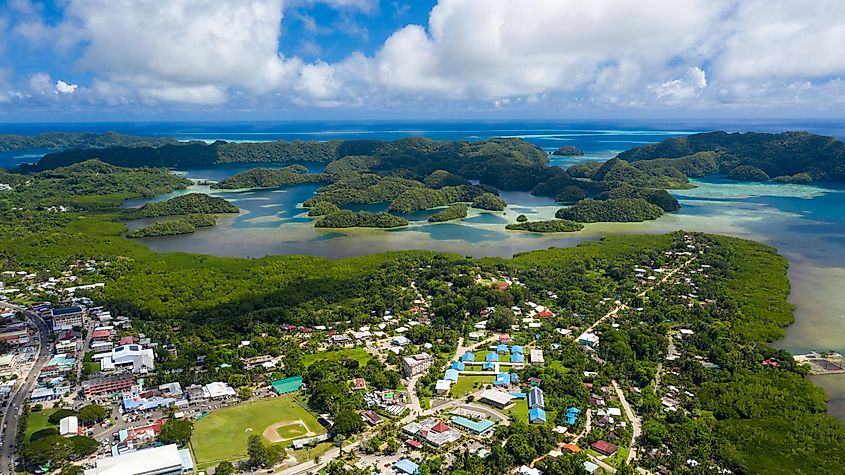
The origins of Micronesia’s name are relatively easy to guess at first glance. “Micro” means small, derived from Greek and Latin, and "nesos" is Greek for "island." Hence, put the two together with the "-sia" suffix meaning "state of," and you have "small islands," Micronesia. T
Micronesia is a country made up of upwards of 600 islands and islets located in the western Pacific Ocean as part of the Caroline Islands archipelago. Since 1986, they have been in free association with the US, just like the Marshall Islands.
Moldova
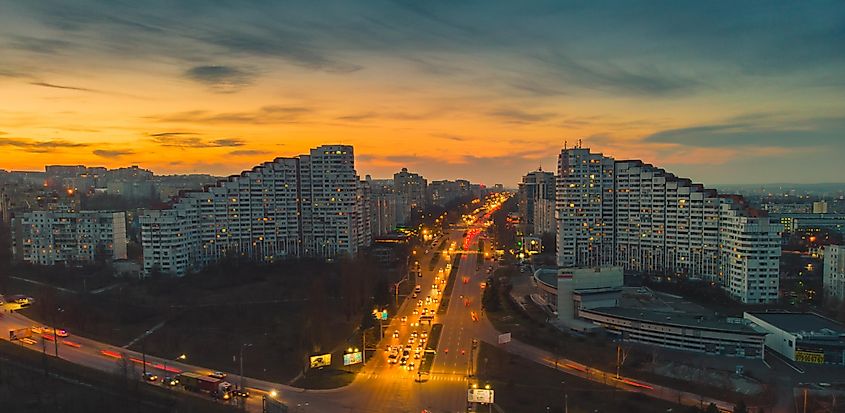
Moldova is named after the Moldova River which runs through it. Moldova is a Slavic term derived from the word for spruce or fir trees. Its ending, "Ova," refers to ownership. Its capital city of Chișinău is the largest in the country.
Landlocked in eastern Europe, the Republic of Moldova is surrounded by Ukraine and Romania. Moldova's popular history is dominated by the Ottoman and Russian Empires and of course the Soviet Union. The country reached independence when the Union fell, and it is formally known as the Republic of Moldova.
Monaco
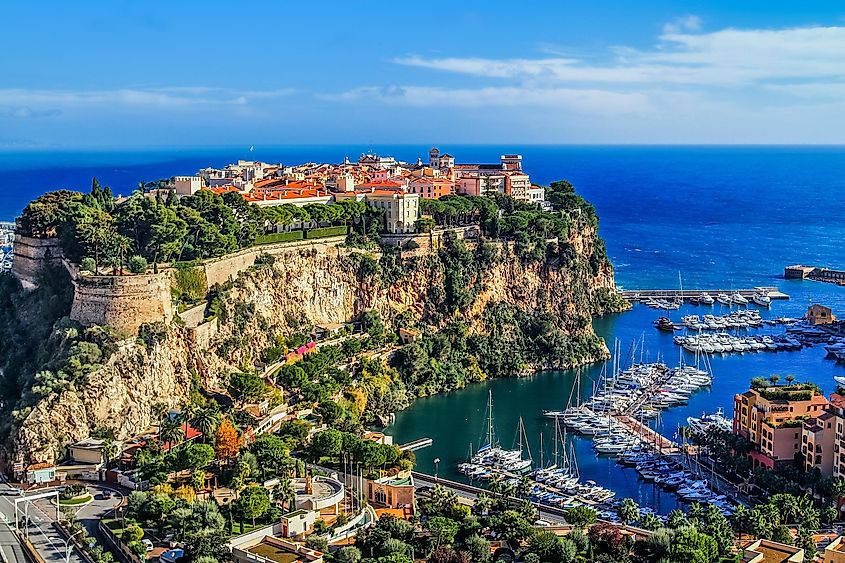
Monaco’s name comes from Greek roots. In the 6th century BCE, Monaco was inhabited by Phocaean Greeks. The Ligurians, who were ancient Indo-European people from what is today north-western Italy around the 2nd millennium BCE, referred to the colony as Monikos, meaning "single house."
Officially the 'Principality of Monaco,' this tiny country on the coast of the Mediterranean is a remaining vestige of the time when city-states were a common feature of the historic European political landscape.
Mongolia
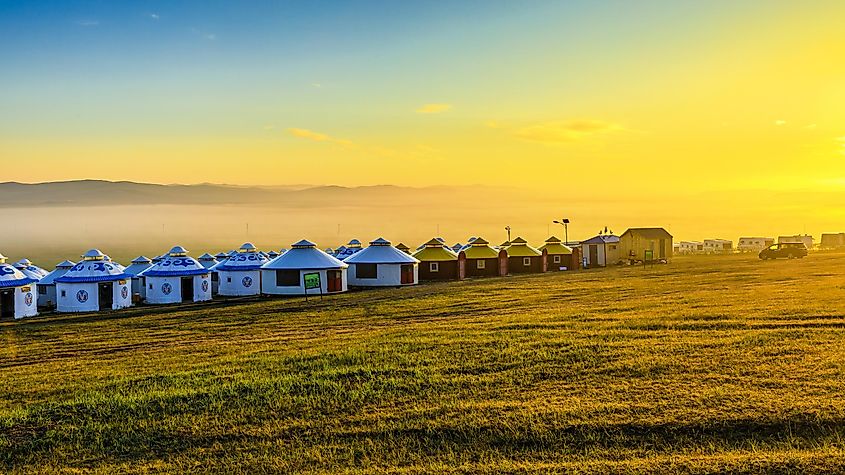
Mongolia is named after its own people who are Mongols. Traditionally a nomadic group of tribal people from Central Asia living on the Mongolian Plateau. Known for their traditional nomadic lifestyle, Mongolians have enjoyed life for centuries in the region's rich grasslands.
The Mongolian Empire ruled as the second-largest empire in history, beginning with Genghis Khan in 1206. Today, the region of Mongolia is divided between the independent state bearing its name, and China, which regulates an area described best as inner-Mongolia.
Montenegro
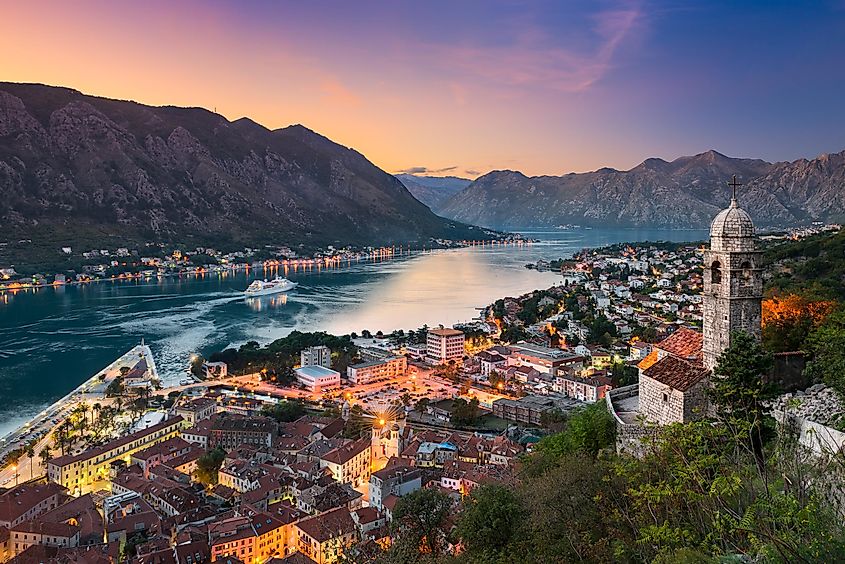
Montenegro gets its name from Mount Lovćen, a mountain in the southwest of the country. Montenegro translates to "black mountain" in English. Montenegro is a small country bordering the Adriatic Sea in Europe.
Montenegro was part of the country of Yugoslavia, and upon its 1989 dissolution loyal to the Serbian-dominated leadership. Good relations did not last forever however and in 2006, the two states separated for good.
Morocco
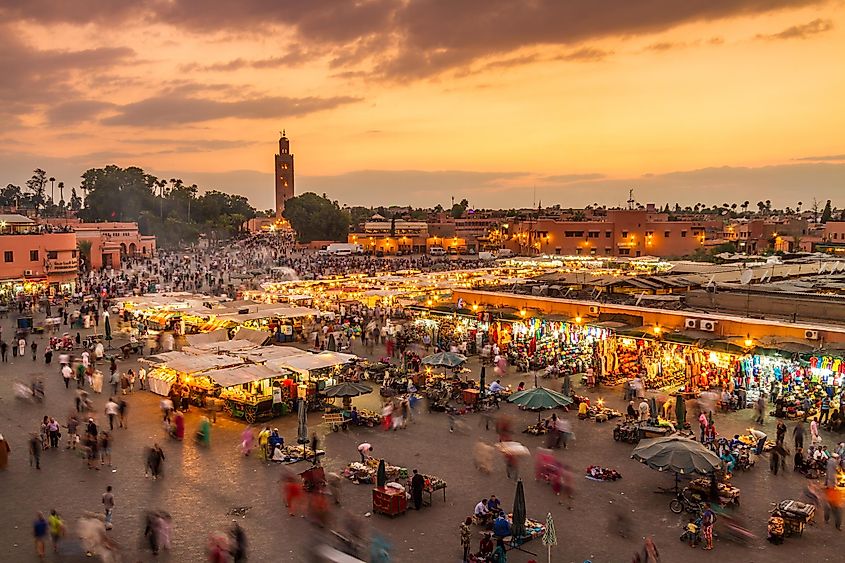
Morocco got its name from the indigenous Berber peoples who inhabited the land before the Arab conquest of the 7th century. Morocco comes from the Berber word Amerruk or Amurakuc meaning "Land of the Gods," or a "sacred land."
The Kingdom of Morocco, which it is officially named, borders Algeria, Mauritania, and the Spanish enclave of Ceuta and Melilla. Today, it remains the only monarchy in North Africa.
Mozambique
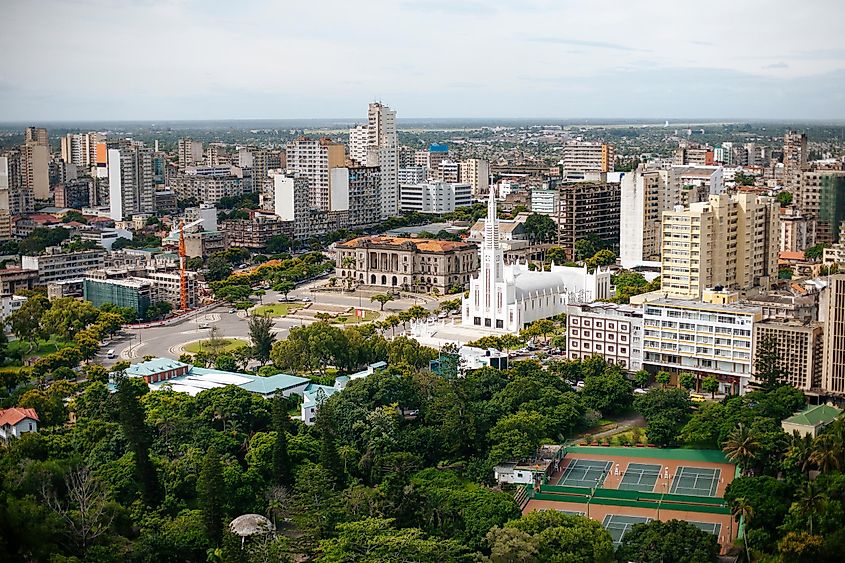
The name Mozambique is Swahili in origin, which is a language and culture that resulted from the intermingling of African populations with Arab traders around the 8th century. This word comes from Musa al Big, which was the name of an ancient Arab sheik.
Mozambique is located in East Africa along the coast of the Indian Ocean. It is bordered by South Africa, Eswatini, Zimbabwe, Malawi, Tanzania, and Zambia. Mozambique was a Portuguese colony by the mid-19th century, and it gained independence in 1975.
Myanmar
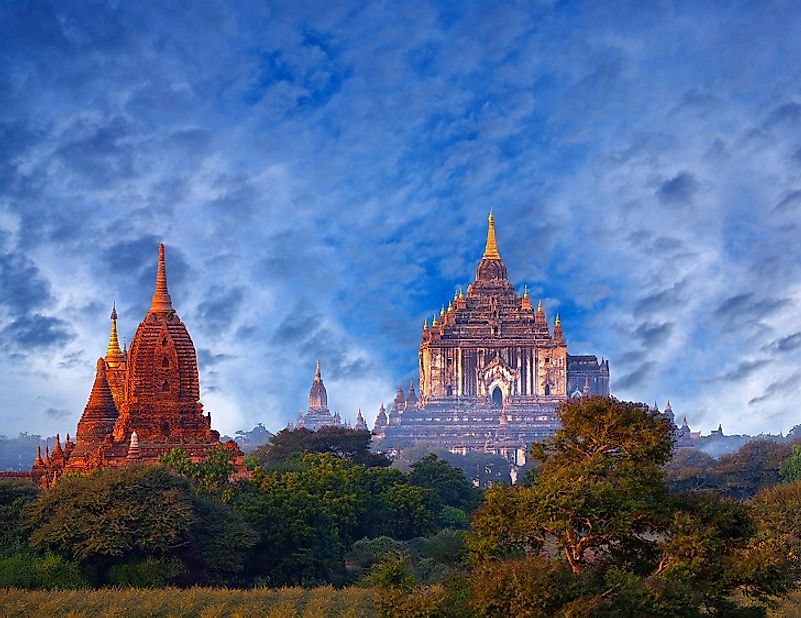
Formerly known as Burma, Myanmar gets its name from the majority ethnic group that lives there. The Burmans, also known as Bama or Mranma decided to change the name 1989 as its previous name was given to them by the British.
Located in Southeast Asia, Myanmar is bordered by China, India, Bangladesh, and Thailand. Myanmar is overwhelmingly Buddhist with small communities of Muslims and Christians. Its capital city is Nay Pyi Taw.
Conclusion
There are a lot of countries that start with the letter M. These countries can be found in nearly every continent. Each with its own unique history, culture, and faith.
